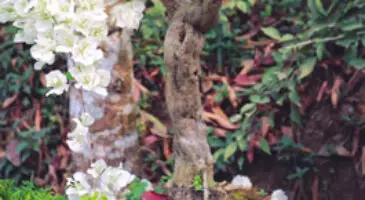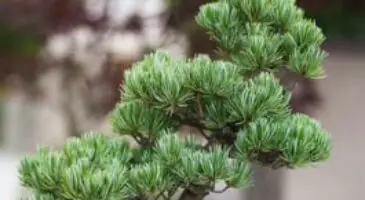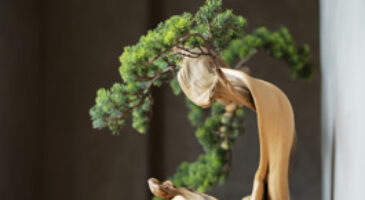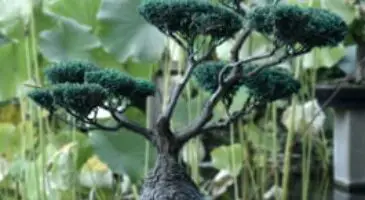Table of Contents
Is Epsom salt safe for bonsai tree? Taking care of your bonsai plants means you should be familiar with the products you can use on them. Discover more about Epsom salt today and whether or not this will be good and safe for bonsais.
What is Epsom salt
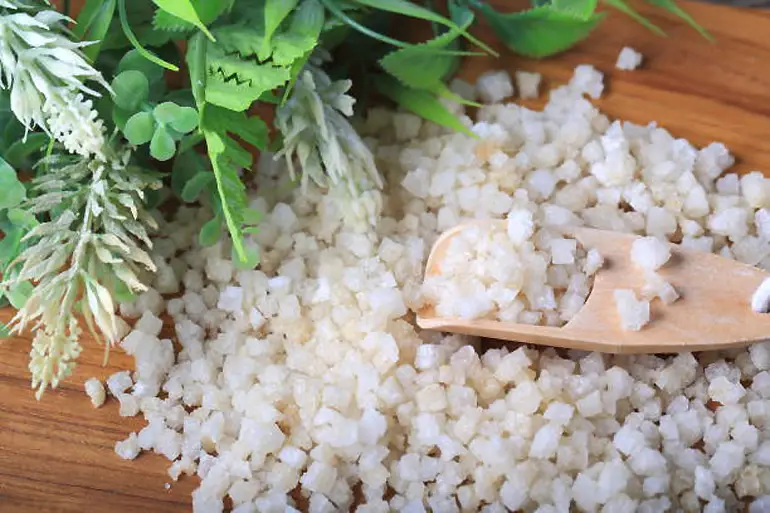
If you are growing tomatoes or roses, you might have heard of some people who treat their plants using Epsom salts. Some even hail it as the best-kept secret when it comes to gardening even if Epsom salts have already been used for many centuries in gardening.
Epsom salt is a type of natural mineral made out of hydrated magnesium sulfate. This was discovered in the underground spring in Epsom town in England during the early 1600s. Since then, it has been used as a treatment of different conditions not only in humans and animals but even in plants.
Epsom salt chemically contains 13% sulfur and 10% magnesium. These two nutrients are essential to most plants because the roles they play in development and growth.
Is Epsom salt acidic
No, Epsom salt is neither acidic nor alkaline. When Epsom salt is added to the soil, whether in dry or wet form, it will have no effect on the soil’s pH level, and therefore, it is said to be neutral.
Does Epsom salt make the soil acidic
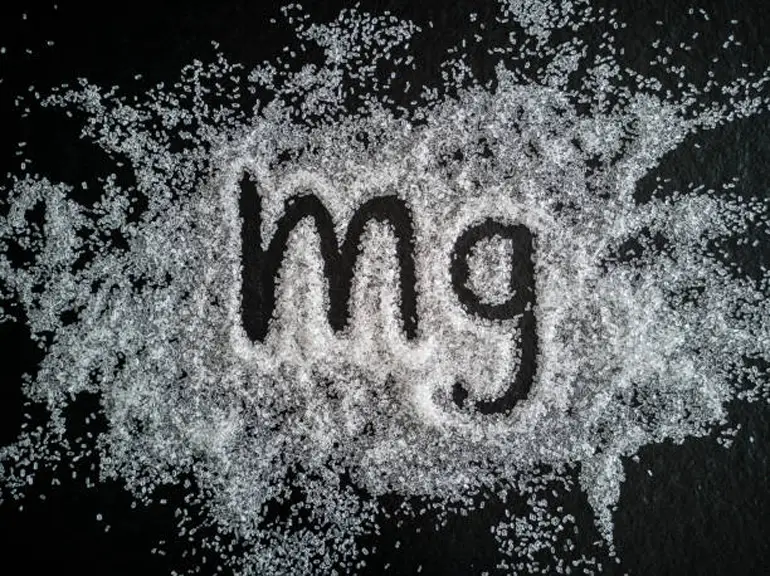
No, Epsom salt does not affect the pH of the soil, and therefore, it will not increase not decrease its acidity. However, if your plant is magnesium deficient, you can add Epsom salt because of its richness in magnesium. Magnesium is an essential mineral that aids the healthy growth of plants.
Is Epsom salt also good for your bonsai plants
Watering bonsai plants using the special combination of one teaspoon of Epsom salt for every one gallon of water can increase the growth of foliage and roots.
Raking the roots and replacing the soil after the final frost will ensure that your bonsai will not suffer from root rot that will eventually their lifespan.
What can Epsom salt do for your plants
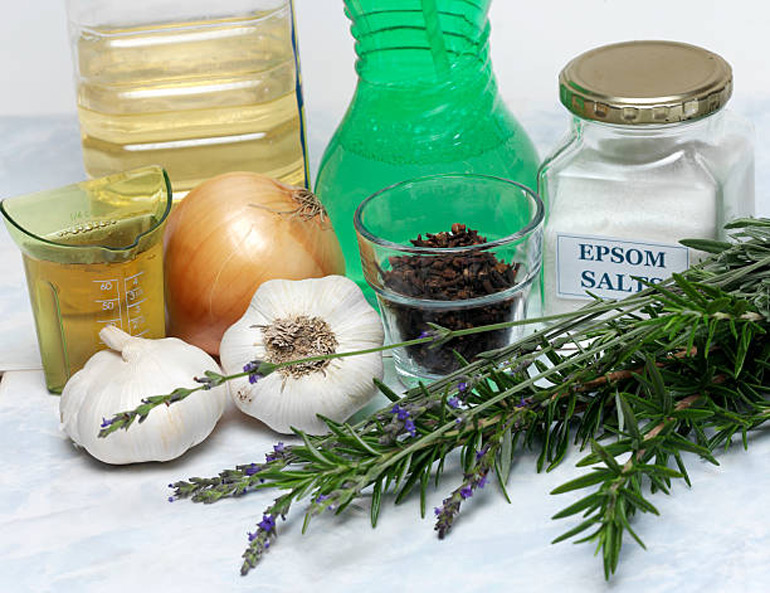
Gardeners are actually debating about the potential benefits of using Epsom salt on garden plants. There are some who believe that Epsom salt promotes impressive growth but others claim that it doesn’t really help with plant health improvement and may even be detrimental to the soil condition. Here are some of the possible good points of using Epsom salt for your plants:
1. Epsom salt can balance nutrient levels
Epsom salt may help in balancing the levels of nutrients in certain soil types. If your bonsai doesn’t perform well with possibilities of nutrient deficiency, you can test your soil to know what is missing.
2. Epsom salt can ward off pests
Slugs, voles, and other garden pests might be deterred by Epsom salt. You can use it to reduce the number of slugs in the garden although you should never expect it to be a miracle pest deterrent.
3. Epsom salt can improve uptake of nutrients
Epsom salt has magnesium content that is an important nutrient to help plants perform some of their essential functions. It not only supplies magnesium to plants because at the same time, it ensures that they can take in optimal levels of other important nutrients found in the soil.
4. Epsom salt can make your plants greener
Plants can also become greener with the help of magnesium present in Epsom salts. Magnesium helps in chlorophyll formation in the plants that helps determine the color of the leaves that will lead to lush-looking foliage.
5. Epsom salt helps neutralize the pH levels of soil
If the soil has high pH levels of more than 7.5, you can neutralize it with the help of Epsom salts. Since most plants have a hard time growing in too alkaline soils, it can be beneficial to reduce the soil’s pH levels.
6. Epsom salt provides micronutrients to your plants
Epsom salt contains two micronutrients that can be helpful for your plants and these are sulfur and magnesium. There are gardeners who argue that the two micronutrients are not really essential for plants but some claim that these make a difference in successful plant growth.
The ratio of Epsom salt to water for the plant
For optimal results, it is best to dilute Epsom salt well with water so that the plant can easily absorb it to make use of the nutrients. Mix two tablespoons of Epsom salt with 1 gallon or 5 liters of water, and mist on the plant once a month. However, if you would like to water your plant more often, cut bat the Epsom salt by 1 tablespoon and mix with the same amount of water. This mixture is appropriate for plants during germination and seedlings.
When is not advisable to use Epsom salts in your garden
There are some situations when Epsom salt can benefit certain plans. But, there are also instances when you should avoid using Epsom salts.
1. Epsom salts should never be used in acidic soil
Epsom salt can help neutralize alkaline soil yet the opposite will be true if you have acidic soil. You should avoid using Epsom salt if the soil is acidic because it can make the problem worse.
2. Epsom salts must not be used as the main fertilizer
Epsom salt contains micronutrients that can benefit the health of most plants. But, the primary nutrients that plants need are potassium, phosphorus, and nitrogen or simply called NPK in the gardening world.
Epsom salt doesn’t contain any traces of these three nutrients. If you plan to use Epsom salt on your plants, it is important to keep in mind that you should never use it as a fertilizer substitute.
It doesn’t contain the essential nutrients that plants need. Instead, you should feed your plants with balanced fertilizer to properly sustain them.
While Epsom salt is beneficial, you should only use it as additional secondary supplement instead of as the main means of feeding your plants.
3. Epsom salts must never be used on plants with magnesium deficiency
If your plants are magnesium-deficient, it is safe to assume that the soil lacks magnesium. Magnesium deficiency in plants doesn’t always mean that it grows in magnesium-deficient soil.
There are plants suffering from magnesium deficiencies since the soil has high amounts of phosphorus that can prevent the plant from adequately absorbing the magnesium in soil.
How much Epsom salt should you use for bonsai
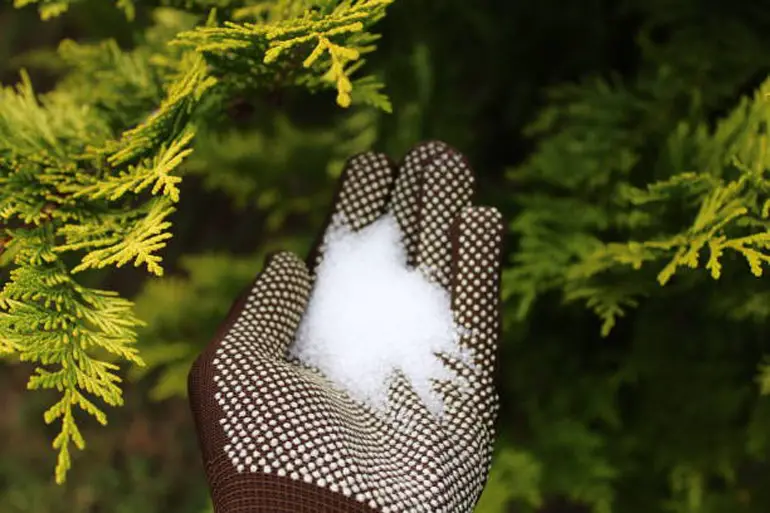
Epsom salts can be used in your garden in several ways. The ratio you will use will vary according to the specific plants you want to treat and the method of application you are using.
For general supplementation using Epsom salt, you can use two tablespoons for each gallon of water. This can be used for watering plants once a month in between the regular watering.
How to use Epsom salt in your bonsai plants
Epsom salt is most typically used as foliar spray in gardens, you can mix the required amount with water then spray this on the plant leaves. This is ideally done during springtime when new leaves emerge and once again right after blooming.
You can also add Epsom salt to water to use as soil drench to water the plants at soil level. Epsom salt can also be directly added to the soil when planting or work this into the soil with no need to dilute it first in water.
Epsom salt in bonsai frequently asked questions
Is Epsom salt good for Bougainvillea?
Yes, Epsom salt is good for Bougainvillea. I’ve seen and heard stories of Gardner’s who uses Epsom salt for their Bougainvillea plants and recorded some success: so yeah, your Bougainvillea will benefit from Epsom salt.
Is Epsom salt good for a desert rose?
Yes, Epsom salt is good for desert rose. After the application of Epsom salt on desert roses, graders claim that not only did the magnesium-rich compound make the leaves greener and lusher, but it also encouraged the growth of more healthy roses and canes.
Precautions: You must be cautious when applying Epsom salt on plants because when you spray on their leaves, it could cause leave scorch.
References
- https://www.gardeningknowhow.com/garden-how-to/soil-fertilizers/epsom-salt-gardening.htm
- https://www.bobvila.com/articles/epsom-salts-in-the-garden/
- https://www.trees.com/gardening-and-landscaping/epsom-salt-for-plants
Curious to know can we seasol for bonsai?
